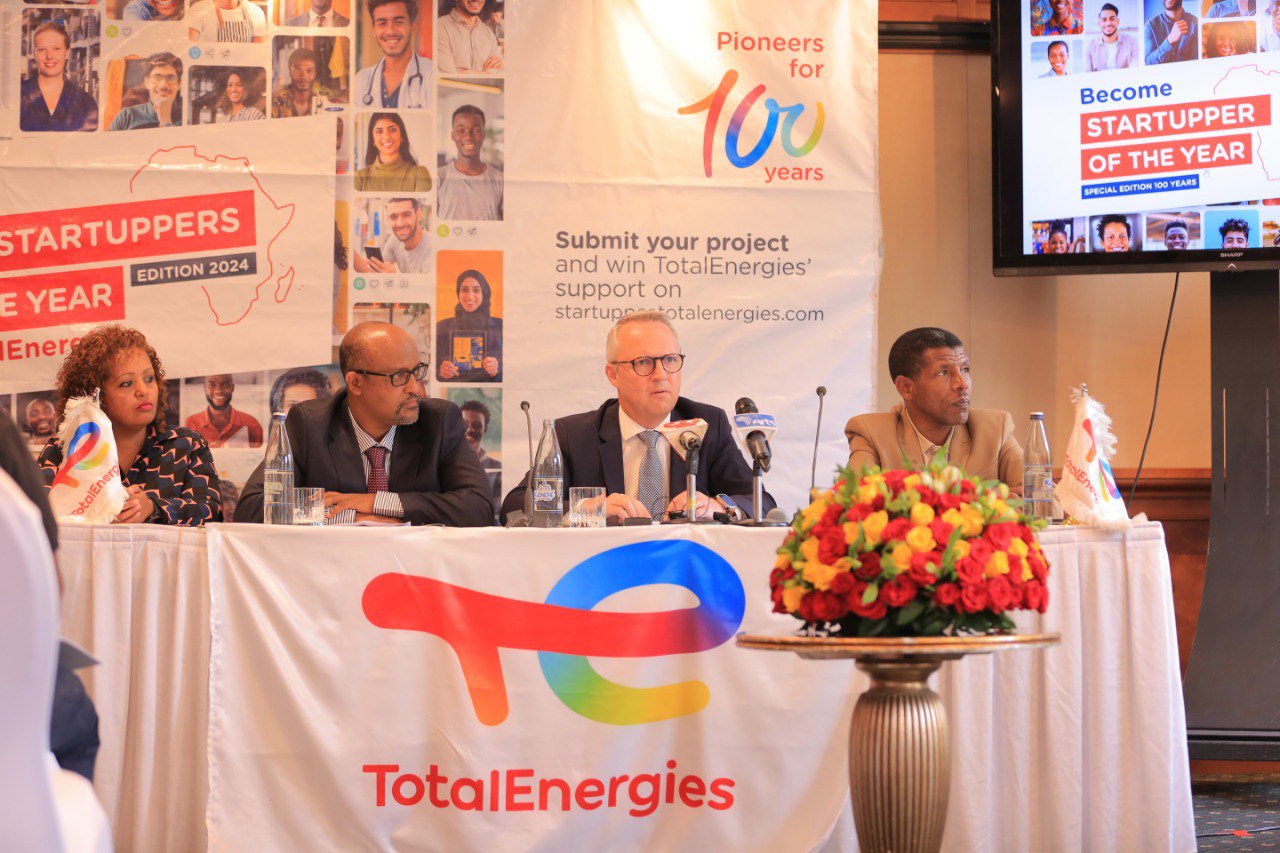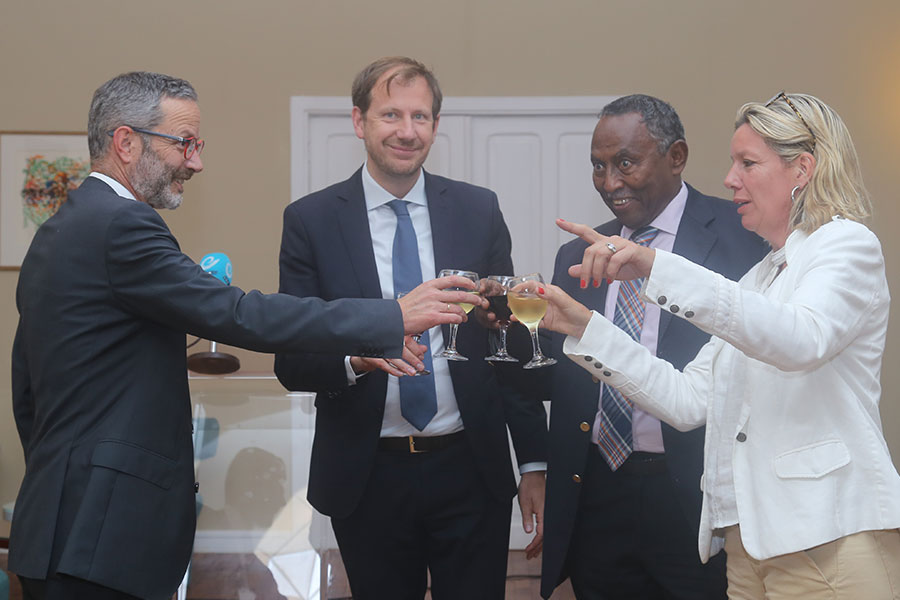
Fortune News | Nov 13,2021
The majority of shareholders at Hiber Sugar S.C. have voted against the liquidation of the ailing company despite not seeing dividends in over a decade.
The decision was made as the company's management works on feasibility studies to change its investment prospects, which senior executives hope would bring Hiber Sugar out from the quagmire it finds itself in. The executives announced last month that over 80pc of shareholders who had attended an extraordinary assembly had voted against dissolving the company, while a similar number voted to allow shareholders who wish to leave to sell their shares to those remaining.
Hiber Sugar S.C. was established in 2009 with 600,000 Br equity raised from 30 founding shareholders. Its capital base grew to 100 million Br, and its shareholders to over 5,000. With net assets of 16.1 million Br, the company initially sought to develop a sugar estate in the Amhara Regional State but has failed to get the business off the ground.
Hiber and the Rural Land Administration & Use Bureau of the Amhara Regional State have been locked in a dispute over the plot of land the company had been granted to carry out its plans in Awi Zone and South Achefer of West Gojjam Zone. The Bureau revoked the company's lease twice, claiming lack of progress and failure to start production on time. The management, under Mengistu Tilaye, and his predecessor Minalachew Simachew, however, spent 18.4 million Br on lease payments and clearing the land for the installation of the sugar plant.
Over 230 shareholders have left the company over the years, choosing to opt-out after seeing no return on their investments. Hiber Sugar has spent almost 60 million Br thus far, despite registering no revenues from sales. Its executives and remaining shareholders are considering changes in investment, though where remains unclear. The Board of Directors had proposed to have the company get involved in avocado and rice production, and lately in the financial sector. None of these prospects has been approved by shareholders.
The company has acquired a little over a million Birr's worth of shares in Amhara Bank, gearing up to join the banking industry with a paid-up capital of nearly six billion Birr.
Hiber Sugar management is conducting a feasibility study to determine the course of action and present the alternatives to shareholders in due time, says Yirga Gebre, Hiber Sugar's board chairman.
Getnet Anbesa is one of the shareholders, investing over 10,000 Br in Hiber Sugar. He was considering selling his shares but began having second thoughts upon hearing they would be worth less than what he initially paid for.
"I don't think I'll sell," Getnet told Fortune.
Milkway Tadesse, another shareholder, says he would rather wait and see what the board's next move will be before making a decision.
"I don't want to sell my shares for lower than what I bought them for," said Milkway.
Shareholders willing to sell their stocks in the company have been given a two-week window to fill out paperwork, though Hiber's executives say the shares will be sold for lower than the original par value of 1,000 Br. The company is in the process of hiring an external auditor to determine the equity.
"After the external audit, the money given back to the shareholders might be a little lower," said Yirga.
Abenet Belay, an investment expert, says the time is not ideal for developing a sugar factory due to unabated inflation, which hit 34pc last month.
"The company can shift to other alternatives like ceramic plants," said Abenet. "The raw materials for that kind of investment are easily accessible."
However, the latest voting indicates 66pc of the shareholders of Hiber Sugar want to see the company stick with its current business line. The board, however, is confident shareholders will change their minds in due course.
"The cash at our disposal is not sufficient to continue with sugar production," Yirga said.
The success rate for share companies in Ethiopia is limited. Except for banks and insurance firms, only a handful of share companies have a sound balance sheet, with many embroiled in shareholder disputes over the years. Habesha Cement, Dallol Oil and Access Capital are among the large share companies with almost no success in paying dividends to their shareholders.
PUBLISHED ON
Oct 09,2021 [ VOL
22 , NO
1119]

Fortune News | Nov 13,2021

Radar | Jun 22,2024

Fortune News | Jun 17,2023

Radar | Feb 10,2024

Radar | Sep 11,2020

Radar | Aug 12,2023

Fortune News | Aug 30,2025

Commentaries | Aug 17,2019

Sunday with Eden | May 11,2019

Radar |

Dec 22 , 2024 . By TIZITA SHEWAFERAW
Charged with transforming colossal state-owned enterprises into modern and competitiv...

Aug 18 , 2024 . By AKSAH ITALO
Although predictable Yonas Zerihun's job in the ride-hailing service is not immune to...

Jul 28 , 2024 . By TIZITA SHEWAFERAW
Unhabitual, perhaps too many, Samuel Gebreyohannes, 38, used to occasionally enjoy a couple of beers at breakfast. However, he recently swit...

Jul 13 , 2024 . By AKSAH ITALO
Investors who rely on tractors, trucks, and field vehicles for commuting, transporting commodities, and f...

Oct 4 , 2025
Eyob Tekalegn (PhD) had been in the Governor's chair for only weeks when, on Septembe...

Sep 27 , 2025
Four years into an experiment with “shock therapy” in education, the national moo...

Sep 20 , 2025
Getachew Reda's return to the national stage was always going to stir attention. Once...

Sep 13 , 2025
At its launch in Nairobi two years ago, the Africa Climate Summit was billed as the f...